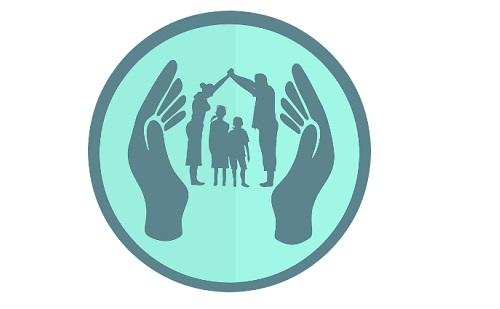Life insurance is often seen as a complex topic, leaving many individuals feeling overwhelmed. Yet, taking the time to inform yourself about the different life insurance options can provide peace of mind and security for both you and your loved ones. As healthcare costs continue to rise, understanding life insurance becomes even more pertinent, especially for those within the healthcare sector or hospital fraternity. This blog post explores the critical importance of understanding life insurance options, highlighting their pivotal role in financial planning, especially within the healthcare landscape.
Understanding the Types of Life Insurance
There are various types of life insurance policies available, including term life, whole life, and universal life insurance. Each type has its features, benefits, and limitations, making it important to assess which policy aligns with your personal financial goals. For instance, term life insurance provides coverage for a specific period, while whole life insurance offers lifelong protection with a savings component. You can consider one of the insurance companies and find out more on their website about life insurance. This knowledge empowers you to make an informed decision that best suits your situation, especially if you work in healthcare and may have unique needs due to fluctuating income or job-related risks.
Financial Security for Your Loved Ones
Ensuring financial security for your loved ones in case of an unexpected demise is one of the primary reasons for acquiring life insurance. The healthcare profession can be particularly taxing, and the emotional burden of losing a loved one is often accompanied by financial strain. Life insurance can provide a safety net, covering outstanding debts, funeral expenses, and ongoing living costs for your family. This security allows your family to focus on healing and adjustment rather than financial worries, which can be significant given the often unpredictable nature of healthcare jobs.
The Role of Life Insurance in Medical Debt Management
Medical debt is a growing concern for many families, particularly those who may face unexpected medical emergencies. In the event of a sudden loss, your family could be left grappling with outstanding medical bills. Life insurance can help alleviate this burden by covering those expenses, ensuring that your loved ones are not left with unmanageable debt during a challenging time. This is especially relevant for individuals in the healthcare sector, where awareness of medical costs can foster a deeper understanding of how life insurance can mitigate these financial burdens.
Employer-Sponsored Life Insurance: Is It Enough?
Many employers offer life insurance as part of their benefits package. While this can be a great starting point, assess whether the coverage provided is adequate for your needs. Often, employer-sponsored life insurance may only cover a portion of your salary or have specific limitations that may not align with your family’s financial goals. It is advisable to evaluate this coverage in conjunction with any personal life insurance policies you may consider to ensure comprehensive protection. Understanding the nuances of these plans allows you to make informed decisions that can significantly impact your family’s financial future.
Life Insurance and Long-Term Care Planning
For those in the healthcare field, the concept of long-term care is not unfamiliar. As we age, the likelihood of requiring long-term care increases, which can lead to substantial expenses. Some life insurance policies offer riders or options that provide funds for long-term care services, which can be beneficial for both you and your family. By incorporating life insurance into your long-term care planning, you can ensure that you are prepared for future needs, which can help ease the financial strain on your family and maintain their quality of life.
The Importance of Regular Policy Review
Life insurance needs can change over time due to life events such as marriage, the birth of children, or career changes. Regularly reviewing your life insurance policy is an important practice to ensure that your coverage reflects your current circumstances. In the healthcare sector, where job roles can evolve and income levels may fluctuate, it is especially important to adjust your life insurance coverage accordingly. Taking the time to reassess your policy allows you to align your insurance needs with your life goals and financial plans.
Informing yourself about life insurance options is an important step in safeguarding your financial future and that of your loved ones. With the various types of policies available, understanding their benefits and limitations can help you choose the right one for your situation. This is particularly significant in the healthcare sector, where the unique challenges and financial considerations warrant careful planning. By taking proactive steps to educate yourself on life insurance, you can provide peace of mind and security for your family, ensuring that they are well-prepared for whatever life may bring.

















